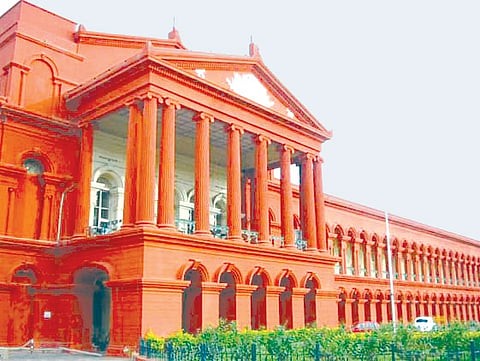

BENGALURU: The Karnataka High Court has held that the District Caste Verification Committee is the rightful authority to verify the caste certificate issued by the tahsildar even if a person is a central government employee or proposed to be appointed by the central government.
Justice Suraj Govindaraj passed the order while dismissing the review petition filed by Sangappa M Bagewadi, a retired senior technician of the South Western Railway in Ballari concerning the jurisdiction of DCVC.
The court said that even if a caste certificate has been issued by a tahsildar prior to the Karnataka Scheduled Castes, Scheduled Tribes and Other Backward Classes (Reservation Of Appointment, etc) Rules, 1992, it is the DCVC that can verify the caste certificate as per the 1992 rules by following the due procedure.
Referring to a circular dated March 20, 2007, issued by the central government, the petitioner pointed out that the district magistrate has the authority to verify caste certificates of central government employees, the court said that a perusal of the said circular would indicate that even the Government of India is aware of the collusion of the candidate with unscrupulous employees and the possibility of a false certificate having been produced.
It is in that background that the circular was issued stating that the district magistrate, district collector and the deputy commissioner of the district would have to verify the caste certificate. Similar circulars were issued in 2015 and 2016.
Their perusal indicates that they were issued since there was no particular system in many states and union territories to verify a caste certificate. Those circulars also indicate that it is only with the cooperation of the state government that the serious matter of bogus, false and forged community certificates could be tackled.
The recommendation made in the circulars by the Government of India is not a direction which would apply to a state where there is a system which has been established for verification of a caste certificate. Those circulars would only apply where there is no particular established system which is not the case in Karnataka as Rules of 1992 are applicable.